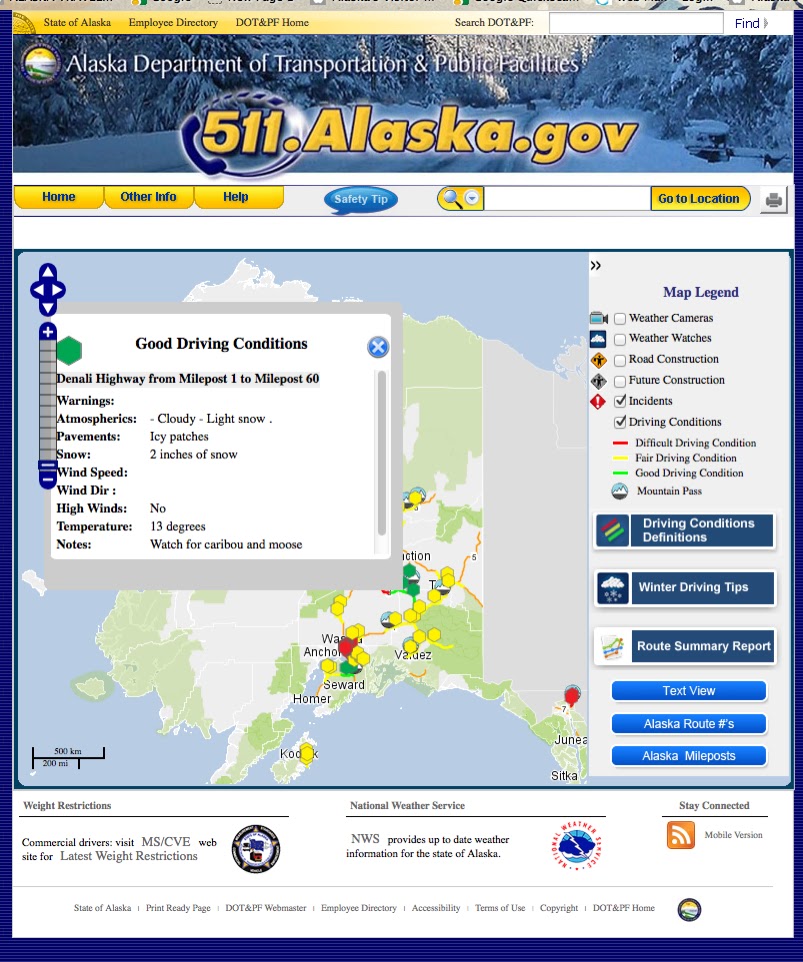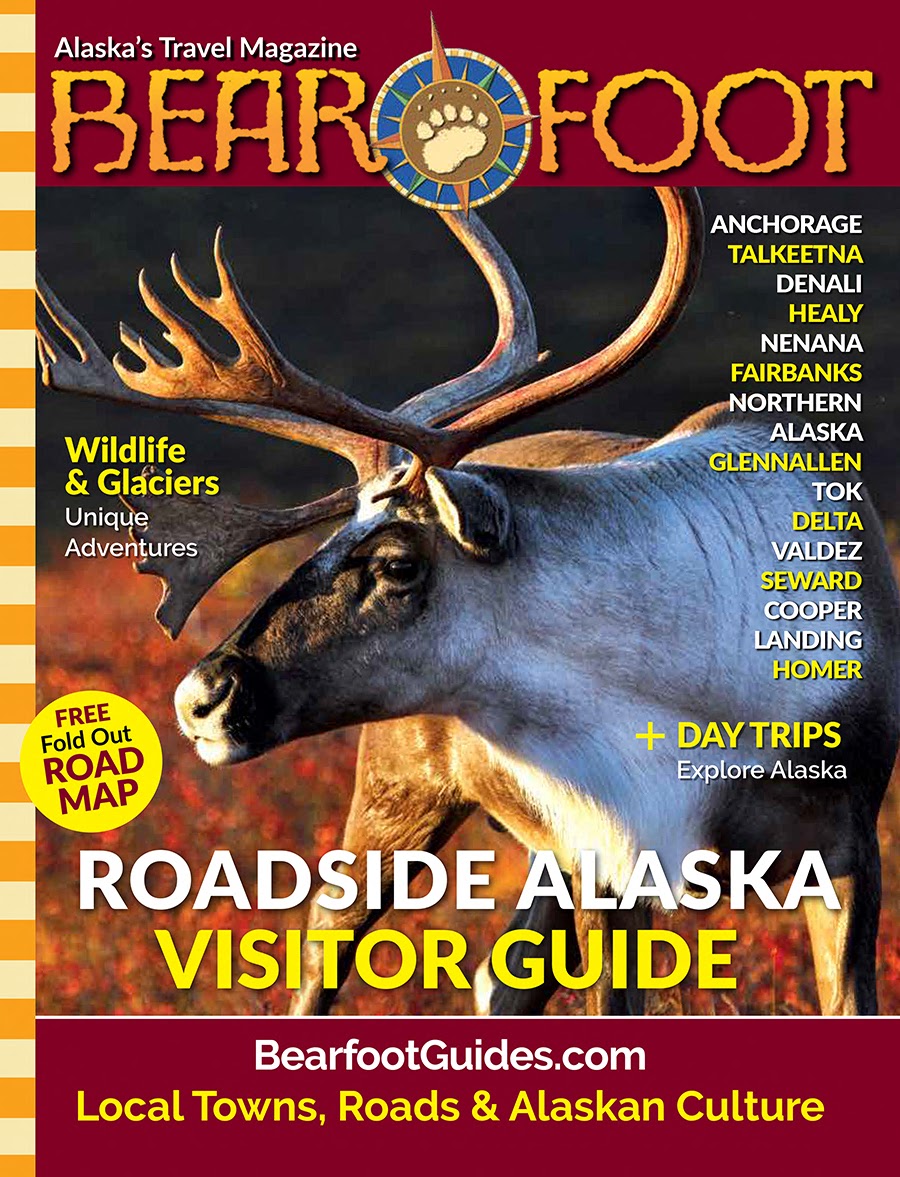Eyes Wide Shut Commissioner Urges Us To Open Our Minds To Rural Violence... As Reports Cover Up Names It's Not Just A Copper Valley I...
https://www.countryjournal2020.com/2024/02/eyes-wide-shut-commissioner-urges-us-to.html
Eyes Wide Shut
Commissioner Urges Us To Open Our Minds To Rural Violence...
As Reports Cover Up Names
It's Not Just A Copper Valley Issue…
COUNTRY JOURNAL PERSPECTIVE
Republished: August 19th, 2024
Original Journal story, February 2024.
Troopers failed to report a 5-car rear-ending accident near Simpson Hill in Tazlina that occurred on August 1st, 2024.
The following story is about other instances of a lack of information to the public in the Department of Public Safety's official web Trooper Dispatch reports. The issue is not limited to the Copper Valley. It's a statewide problem.
Once Again Alaska Tries To Tackle Problems Of Rural Violence & Abuse
“We’ve closed our eyes and allowed rural Alaska to be seriously victimized.”
--Alaska Public Safety Commissioner James Cockrell, Feb. 2024
Domestic violence in rural Alaska is an ongoing tragedy that hasn't found a resolution. Every few years a U.S. legislator or a new governor steps up with a plan that doesn't work – determined to "solve" the issue. This has been going on for decades.
This month, James Cockrell, the state's Public Safety Commissioner, spoke again on the topic. It's the second time in several years he's spoken out. Recently, Cockrell pointed out that 150 isolated villages do not have village public safety officers (VPSOs) and that 50 villages do.
He exhorted Alaskans to do better, and open their eyes to the problem.
SEE STORY HERE: https://www.countryjournal2020.com/2024/02/public-safety-commissioner-says-will.html
The tragedy of "Missing & Murdered Indigenous Women" or, "Missing & Murdered Indigenous Persons" (commonly shorthanded to MMIW and MMIP) is a growing one.
Native women around America are disproportionately killed, brutalized and sexually assaulted.
And the worst place in America for this violence is Alaska.
––––––––––
Adding To The Problem
Alaska's Official "Trooper Reports" Are Incomplete & Erratic
The Alaska State Troopers publish "Alaska Daily Dispatch" reports on the internet on the official Trooper website.
These reports are incomplete. They often say very little. The Copper Valley (as well as other parts of the state) can go for months without a single mention of Trooper activity in a region.
In December, 2021, the Journal wrote of the problems of incomplete reports – coupled with the lack of understanding of our community by Wasilla's "Mat Com" dispatch center, which receives and processes our 911 calls.
––––––––––
It's Even Worse In The Bush
Western Villages Have Domestic Violence, Sexual Abuse, & Child Rapes That Are Not Properly Reported To The Public
Troopers Fail To Report Names Of Villages Or Accused Abusers
Every day, a few Troopers across Alaska report on what's been happening in their various communities. Some reports are relatively detailed, with the names of accused transgressors and what they are said to have done. Surprisingly, the most detailed reports typically involve fish and game violations. For example, a recent Alaska Wildlife arrest included these details: On February 8th, a 64-year old Sitka man was taking commercial salmon to a local processing facility, said the Troopers. He had "landed one undersize king salmon and had concealed two additional unreported king salmon aboard his vessel." This is the usual list of facts, including the arrested person's name, that you'll find on the Department of Public Safety Daily Dispatch site regarding fish and game infractions.
Although Fish & Wildlife violations are important, most people would agree that raping a child is far, far worse.
Yet, the least detailed reports released by the Alaska State Troopers are the many dozens of sexual attacks and beatings that involve women – and children – in unknown small villages across the tundra of the western parts of Alaska.
The villages are "unknown" because the Trooper reports for these places cover up the names of both the village in question, and the accused person who has been arrested for beating or raping someone else, including assaulting children sexually.
In the Western parts of the state, rapes and beatings are reported – but with no detail. A rote, sanitized statement about an attack in an unnamed place by an unnamed person is presented instead.
Obviously, this is a choice on the part of the Alaska State Troopers – and it only applies to Western Alaska. In Trooper reports elsewhere in Alaska for similar attacks – in Fairbanks or other roadside towns – accused domestic violators or rapists are named in the report.
Why is this happening? A Village Public Safety official told the Journal last month that keeping the name of the village and the abuser off the Western Alaska reports protected the person who was raped or beaten by a family member.
Of course, it protects – even more – the father, uncle or grandparent who is doing the raping and beating, by not alerting fellow villagers that there's someone in their community who is accused of attacking family members, including small children. Perhaps repeatedly.
––––––––––
How Trooper Reports Encourage Alaskans To "Close Their Eyes" Through Sanitized Language That Obscures Dangers To Children & Women In Western Alaska
In the Trooper Dispatches on the official state website, the Troopers reporting Western Alaska rapes and beatings literally "close their eyes" – as the Commissioner would put it – by using templated, non-specific language in their reports covering domestic violence or physical attacks.
Somehow a Fish & Wildlife report can explain that a fisherman tried to steal "two king salmon." Yet any kind of details – location of domestic assaults, rapes and attacks, along with the name of the person accused – are rarely if ever mentioned in Trooper reports coming out of Western Alaska.
This is a typical Western Alaska report:
Trooper reports about sexual attacks on "minors" (or children) are particularly disingenuous.
"Minor" is a high-faluting word. It removes the reader from the violence and impact of the allegation. The very word "minor" is sanitized. It's that formal, stilted "Trooper Talk" that's used in reports. It distances reality.
When someone is talking about their real-life child, they don't call them "a minor." They call them a "baby" or a "child" or "a little one" or an "infant." Calling a child a "minor" takes away the immediacy and troubling impact of a report about a grown man raping a 5-year old girl (or boy.)
The following is a typical report from the Troopers about an attack on a child in some unnamed bush community:
The above 3-line "report," in all its non-specificity, and its "investigation is ongoing" final line is a template. This "report" format is extremely common in the most isolated communities of Alaska. It's used again and again, with the only differences from one day to the next being the time and date. Presumably, every time there's a new inscrutable report it's about yet another attacker, and yet another small victim in yet another village.
Or, maybe not. Maybe it's about the same guy, circling back on the same child or woman. In the same village. Nobody knows. The horror of rapes and beatings of village children and women is dummied down. After you've seen this same message 20 times, "Sexual Abuse of a Minor" doesn't seem particularly meaningful – or even distressing.
In Bush Alaska, according to a Pulitzer Prize-winning report by the Anchorage Daily News – people are often left to fend for themselves against aggressors:
People do need help. But it's going to be very hard for Alaskans to "open our eyes" to domestic violence and child rape in the face of cover ups and lack of knowledge of the problem.
Knowledge leads to action and problem-solving. Yet today, knowledge of the brutalization of women and children out in small villages, where there is nobody to help them, is not as important as awareness that somebody in Sitka hid two dead salmon from a Fish & Wildlife officer in the bottom of their boat and got caught in the act.
RANDOM SAMPLING OF SEXUAL ABUSE TEMPLATED "REPORTS"






















